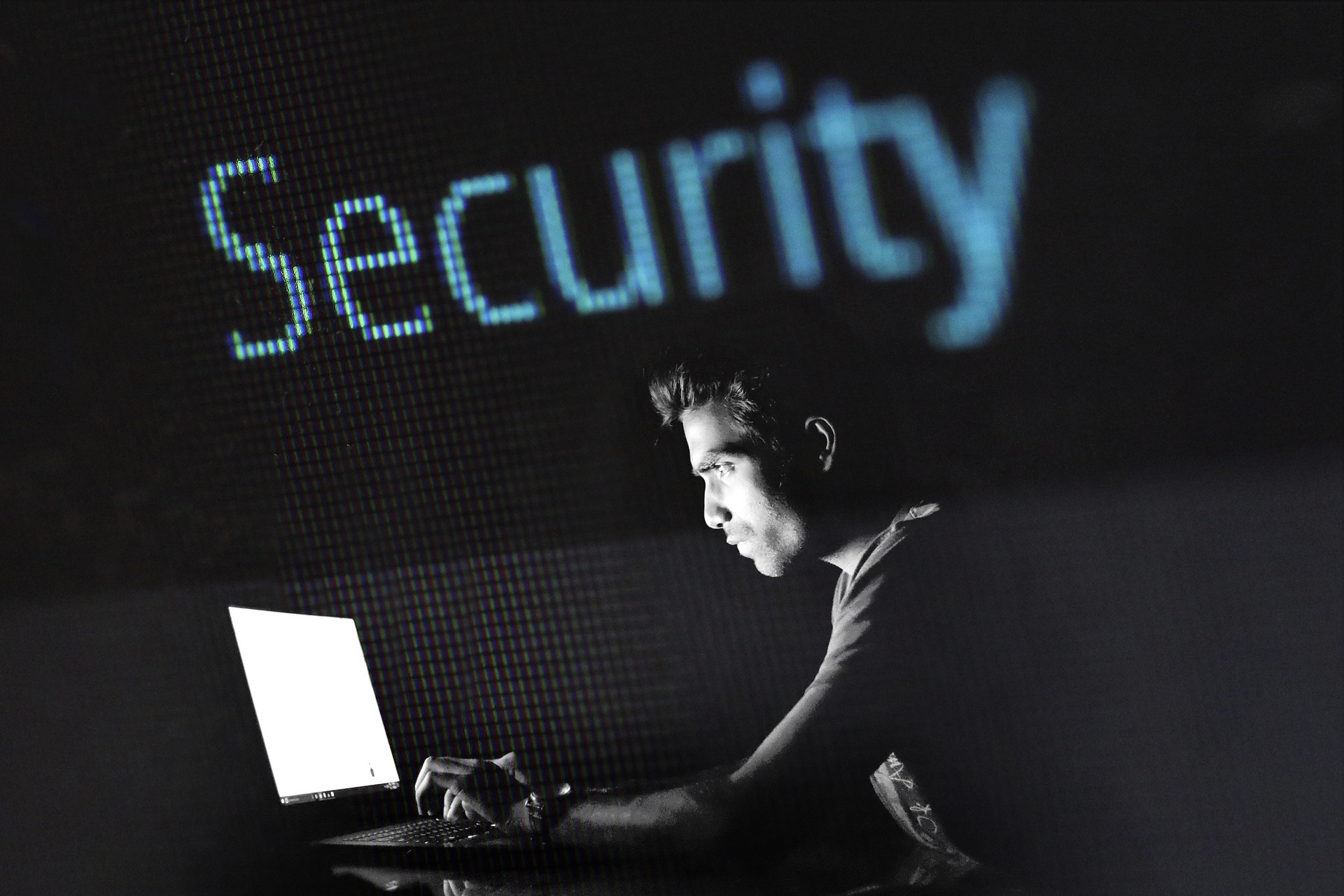 One of the biggest reasons for fraud today is vulnerability online. The threat of cyber attacks is constantly evolving and getting hard to avoid. However, by educating yourself and taking the proper measures to protect your information, you can avoid being a victim of scams.
One of the biggest reasons for fraud today is vulnerability online. The threat of cyber attacks is constantly evolving and getting hard to avoid. However, by educating yourself and taking the proper measures to protect your information, you can avoid being a victim of scams.
While there’s no way to protect yourself entirely when you go online, there are ways to reduce your chances. Here are some of the most effective ways to stay safe online.
Get To Know The Latest Scams
Education is essential when it comes to knowing the ins and outs of online safety. Stay up to date with what kind of scams are swirling around the internet and how to react to them. Reading the news and blogs will help you stay up to date with the latest methods that online attackers are using.
The most common scams are usually avoided by avoiding opening any suspicious and unfamiliar links or attachments. Getting familiar with hacking trends is the most effective way to avoid being targeted.
Use Secure Passwords
Gone are the days when you could use your birthdate and pets name to lock your sensitive information. Hackers are getting better and better at cracking your passwords. Long and complex passwords full of a variety of characters and numbers is the best way to keep your files safe.
Now programs will create difficult passwords for you if you need, making it even hard to crack. Above all, most experts stress the fact that you should never use the same password across multiple sites. Once someone cracks one password, they’ll be able to hack everything across the board.
Update Your Devices
Stay up to date on the latest software updates on all of your devices from your tablet to your laptop. Software developers are constantly trying to discover whether there are potential threats in their programs, so when they send an update, it’s important to do it as soon as possible. Security is something that is constantly in action to stay ahead of the hackers.
Use An Anti Virus Software
One of the single most effective ways to protect yourself is to use an anti-virus software. You’ll not only receive notifications about dangerous files, but you’ll also protect yourself against phishing scams and other dangerous corners of the internet.
A lot of people don’t want to have to pay for extra software, so they skip buying anti-virus to save money. It’s unwise to believe that it could never happen to you. As much as you might like to believe that you’re the exception, the truth is anyone’s information can be compromised. Protect yourself as much as you can, and you’ll have a much better chance of avoiding cyber attacks.

